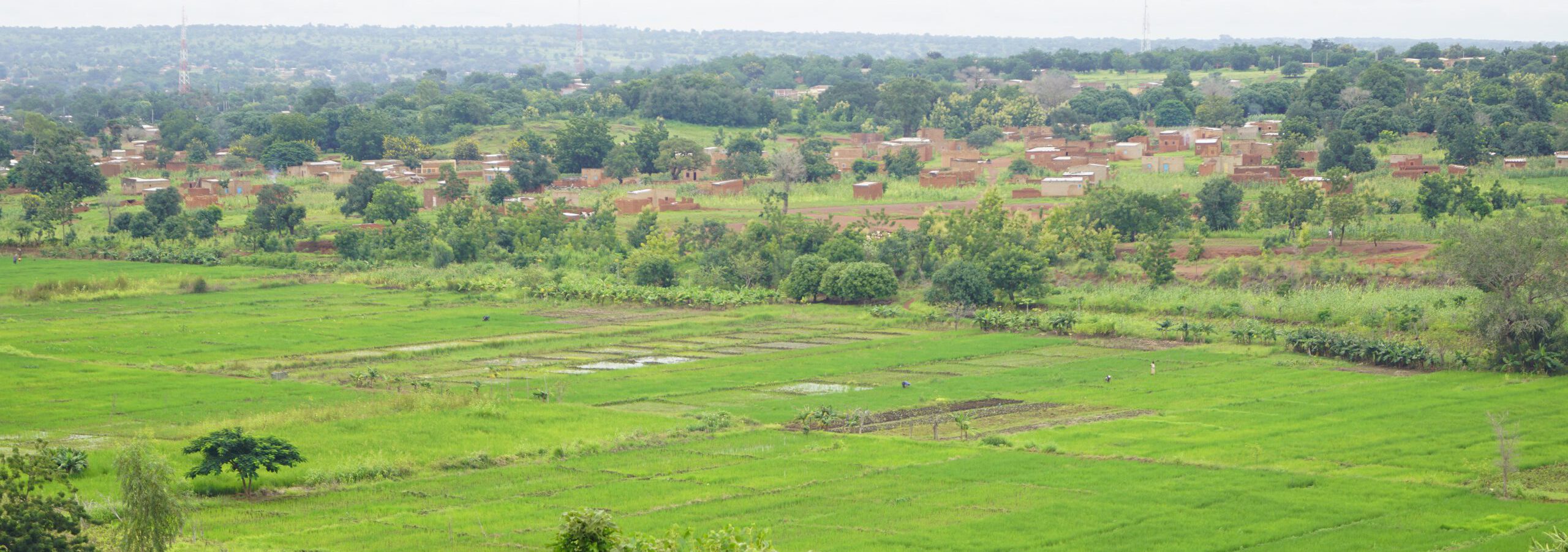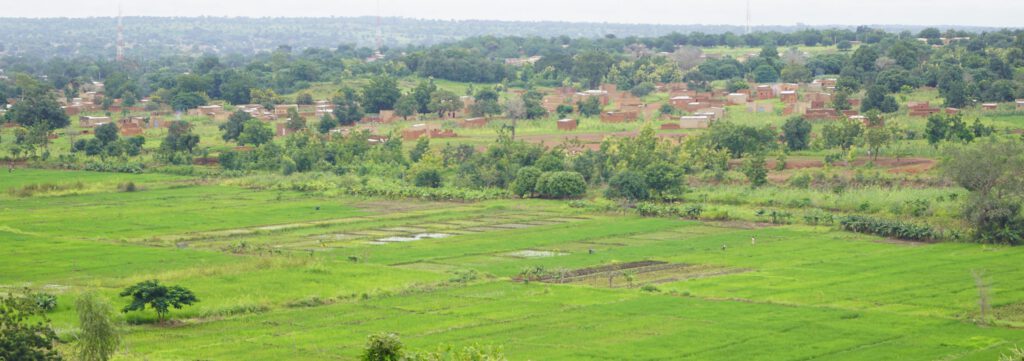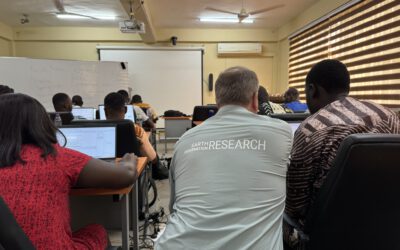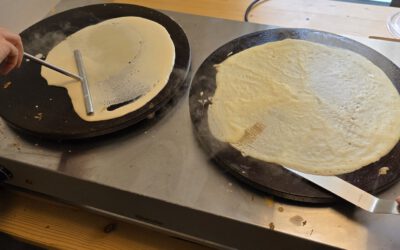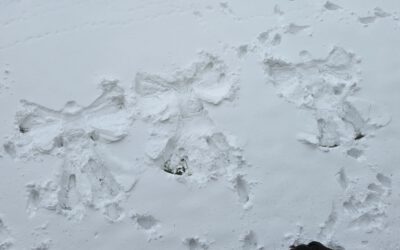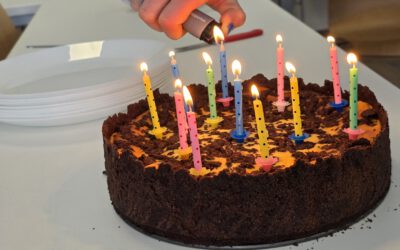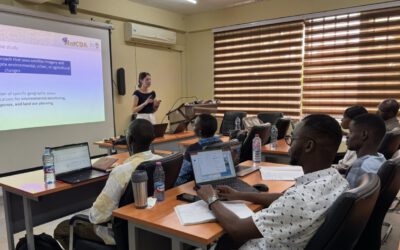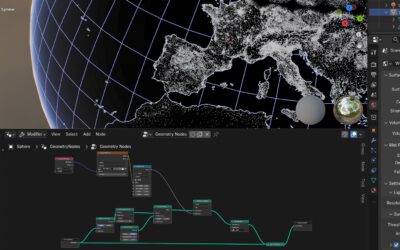The Department of Remote Sensing at the Julius-Maximilian-University of Würzburg (JMU), Germany, offers an open research position starting on 01 November 2020.
The research position is to be awarded half-time and is initially limited for 3 years until 31 October 2023. The remuneration is based on the TV-L.
The successful applicant will work in an international team and will be predominantly involved in the following project activities within the recently procured European Commission funded project “UPSCALE”:
- Mapping of biophysical parameters and farming systems in East Africa,
- Analysis of very high spatiotemporal resolution optical images,
- Documentation of the developed methodology,
- Fieldwork in East Africa (Ethiopia, Kenya, Tanzania, Uganda, Rwanda),
- Supporting the project lead, and
- Preparation of scientific publication
The following qualifications are required:
- A university degree in natural sciences in the field of geography, geomatics, or similar, with a focus on spatial data analysis,
- Excellent programming skills (Python, R),
- Willingness to work in an international team and project and in travel activities (national/international), very good organizational skills, and high motivation to work independently,
- Very good English language skills both written and oral, and
- Opportunity to obtain a doctorate is provided
The JMU aims to increase the proportion of women and therefore explicitly encourages qualified women to apply. Disabled persons are given preferential employment if their eligibility, skills and professional performance are essentially equal.
Please send your application documents with reference to the keyword LSFE-UPSCALE – also by e-mail – by 02 August 2020 to
Dr. Michael Thiel, Lehrstuhl für Fernerkundung, Oswald-Külpe-Weg 86, 97074 Würzburg
l-geofernerkundung@uni-wuerzburg.de
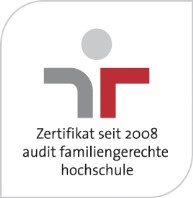
Please send copies only. For financial reasons, the application documents cannot be returned and will be destroyed shortly after the end of the selection procedure. If you enclose a stamped envelope, the application documents will be returned to you three months after the end of the selection procedure.

